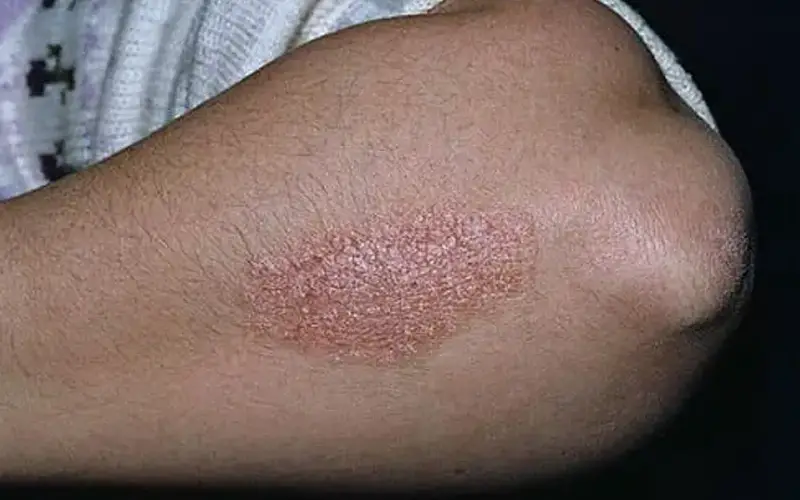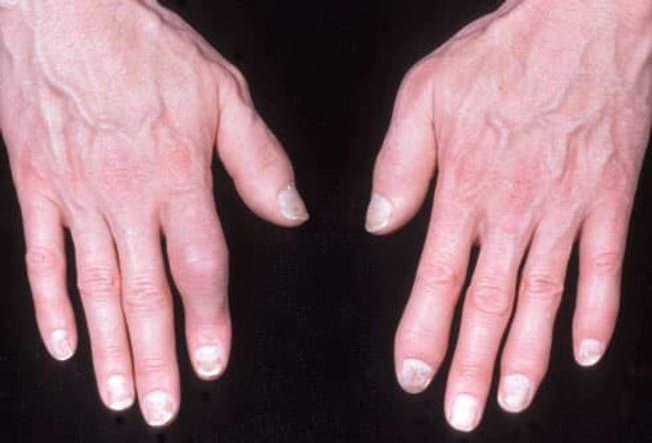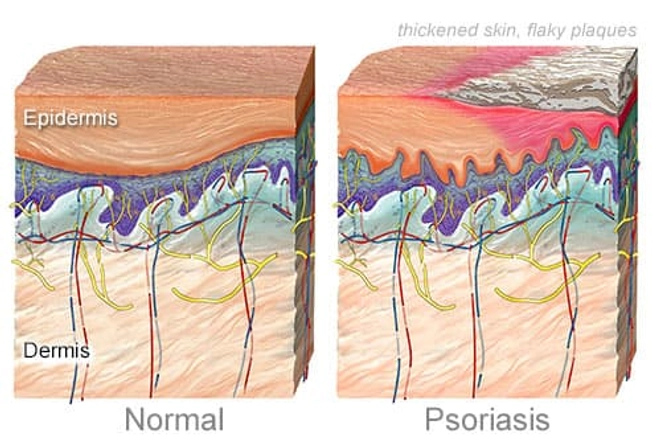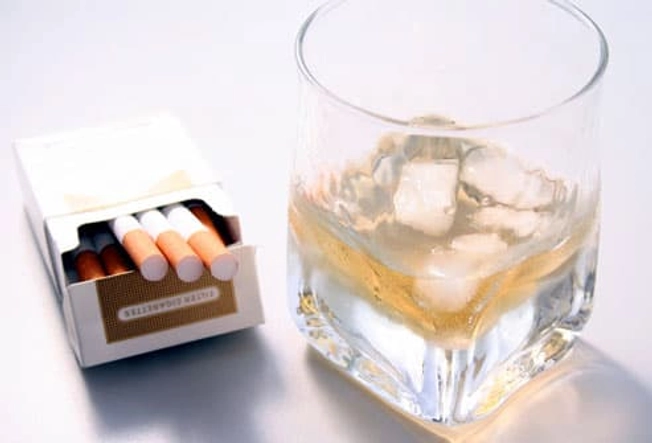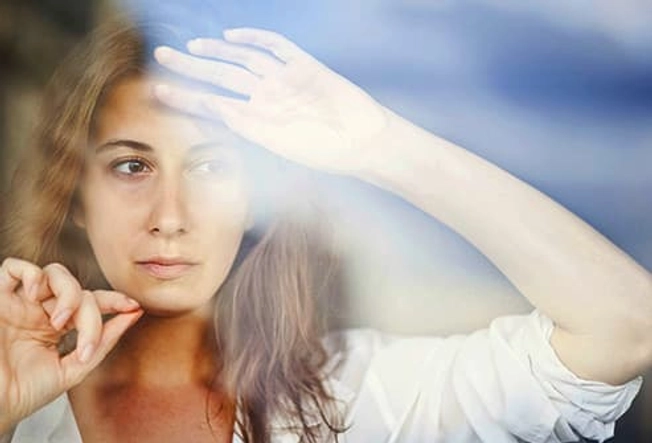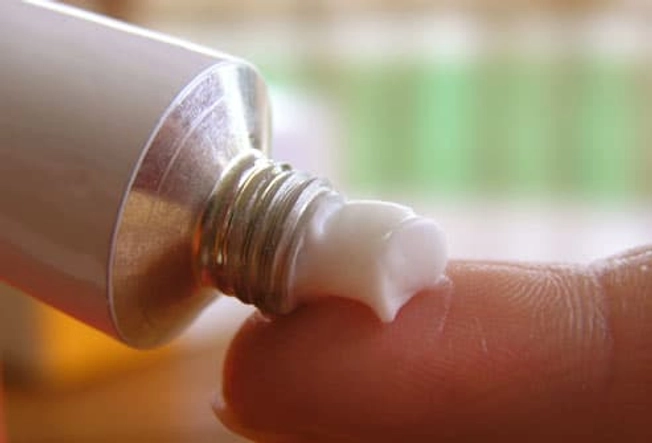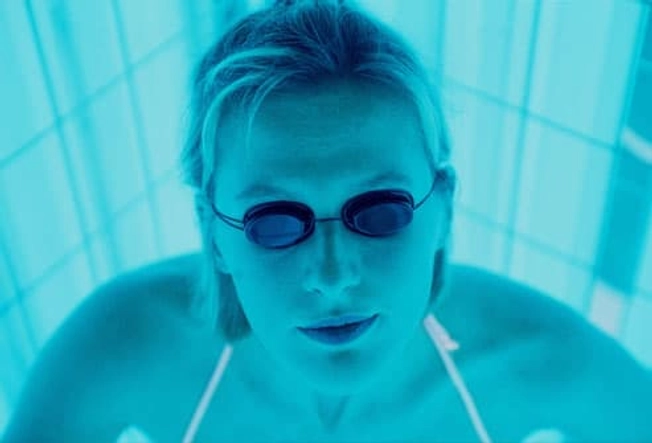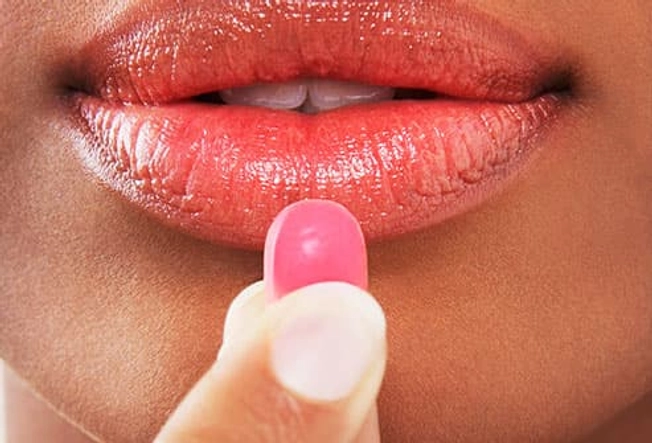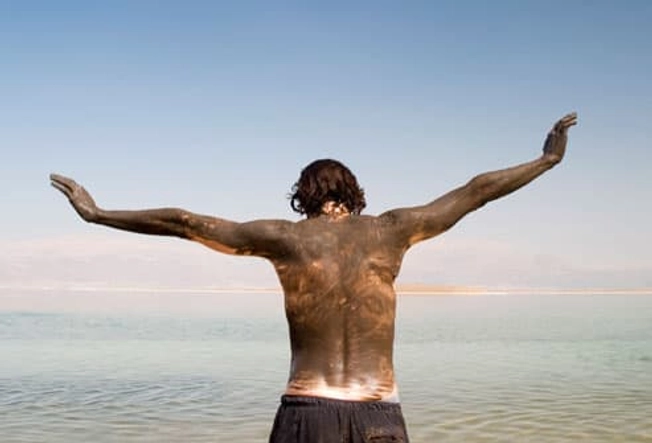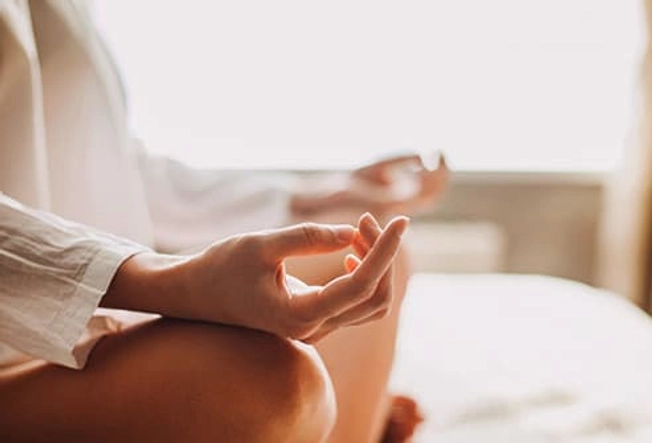What Is Psoriasis?
This skin condition causes a thick, patchy rash with scales. The most common type is called plaque psoriasis.
You can get it anywhere on your body, but it shows up most often on your scalp, elbows, knees, and lower back. You can’t catch it by touching the skin of someone with psoriasis.
Kids can get psoriasis, but it’s more common in adults.
Psoriasis on Lighter Skin
When psoriasis starts, you may see a few red bumps on your skin if you have lighter skin. These may get larger and thicker and get scales on top.
The patches may join together and cover large parts of your body. Your rash can be red, itchy, and uncomfortable, and it may bleed easily if you rub or pick it.
Psoriasis on People of Color
On darker skin tones, psoriasis can start out as salmon-colored, dark brown, or purplish-gray spots and then develop scales.
Nail Psoriasis
Up to half of people with skin plaques have psoriasis of the nails as well. This makes your nails look yellowish-red.
Your nails may also crumble, become pitted, or get grooved lines. Nearly everyone with nail psoriasis also has psoriasis somewhere on the skin.
Psoriatic Arthritis
Some people with psoriasis may get psoriatic arthritis. It causes swelling and pain in your joints and can make it hard to use them for everyday tasks.
You can get psoriatic arthritis at any age, but it’s most common between the ages of 30 and 50.
What Causes Psoriasis?
Scientists aren’t sure exactly what causes psoriasis, but it’s linked to a problem with your immune system, which is your body’s defense against germs.
If you have psoriasis, your immune system mistakenly attacks healthy skin cells as if it were fighting an infection. Your body responds by making new skin cells every few days instead of the usual 4 weeks. Those new skin cells build up on your body’s surface and form a rash.
Psoriasis Triggers
If you have psoriasis, you may find your condition flares up at certain times. Common triggers include:
- Skin injury or infection
- Emotional stress
- Certain medications
- Smoking
- Drinking alcohol
Living With Psoriasis
It’s natural to wonder if psoriasis will affect your social life. It’s important to keep your skin condition from hurting your self-esteem. Don’t avoid dates, social events, or job interviews. If you feel like you’re getting depressed, talk to your doctor or a counselor.
Diagnosing Psoriasis
Your doctor can usually diagnose psoriasis by checking your skin, scalp, and nails. They might need to take a sample of your skin cells and look at them under a microscope to confirm the diagnosis.
If you have swelling and pain in your joints, your doctor may also order blood tests and X-rays to check for arthritis.
Treatment With Ointments
If you have mild to moderate psoriasis, you may get some relief from skin creams. They can reduce inflammation and itching and cut the rate of skin cell growth.
Some examples include steroid creams, moisturizers, salicylic acid, anthralin, retinoids, apinarof (Vtama) cream, calcipotriene (a form of vitamin D), roflumilast (Zoryve) cream, nonsteroidal topicals, and coal tar. Tar shampoos are helpful for psoriasis of the scalp. Your doctor may also prescribe a nonsteroidal topical.
Phototherapy
If you have moderate to severe psoriasis, phototherapy may help. This treats the skin with exposure to ultraviolet light. It can be done at your doctor’s office or at home using a light device.
PUVA is a form of phototherapy that combines a medicine called psoralen with ultraviolet A (UVA) light. PUVA and ultraviolet B (UVB) phototherapy can help clear up psoriasis. Side effects include headache, nausea, and fatigue. Either treatment may lead to skin cancer.
Drug Treatments
Your doctor may also suggest a medicine (in the form of a pill) that targets your immune system.
Options include apremilast (Otezla), cyclosporine (Sandimmune), deucravacitinib (Sotyktu), and methotrexate (Rheumatrex, Trexall, Xatmep). Serious side effects are possible, so you’ll need to be checked by your doctor carefully. Certain oral retinoids can also be used to treat severe psoriasis.
Biologics are a relatively new way to treat psoriasis. These drugs are made from living cells. Like some older psoriasis medications, they change the way your immune system behaves. You take biologics through an injection, pill, or IV. They work by curbing your immune system, so they can raise your risk of infections.
Natural Remedies
Getting some sunshine on your skin rash can improve symptoms for some people. But it’s important not to overdo it. Sunburn makes your psoriasis worse, and too much sun raises your risk of skin cancer.
Other natural options include aloe, tea tree oil, and oatmeal baths, which can soothe itchy skin. Experts are skeptical about diets that claim to treat psoriasis. There’s no convincing evidence that they work.
Climatotherapy
For decades, people have claimed that visiting the Dead Sea in Israel is a powerful treatment for psoriasis. The Dead Sea, which is 10 times saltier than the ocean, along with the sun is believed to be a healing combination.
Scientific evidence suggests this form of climatotherapy works. In studies, 80%-90% of people with psoriasis improved after visiting the Dead Sea. Almost half saw their rash disappear for the next several months.
Relieve Stress
Stress can make your psoriasis worse, so try relaxation techniques to control your flare-ups. Anything that helps you relax, whether it’s yoga, deep breathing, or a long walk, may help ease your symptoms.
Social Support
There may be days when you feel like hiding at home, but don’t avoid the relationships and activities you enjoy. Isolation can lead to stress and depression, which can make your psoriasis symptoms worse.
Stay connected to your friends and family. You may also want to look into a support group through the National Psoriasis Foundation. You’ll meet people who understand just what you’re going through.
